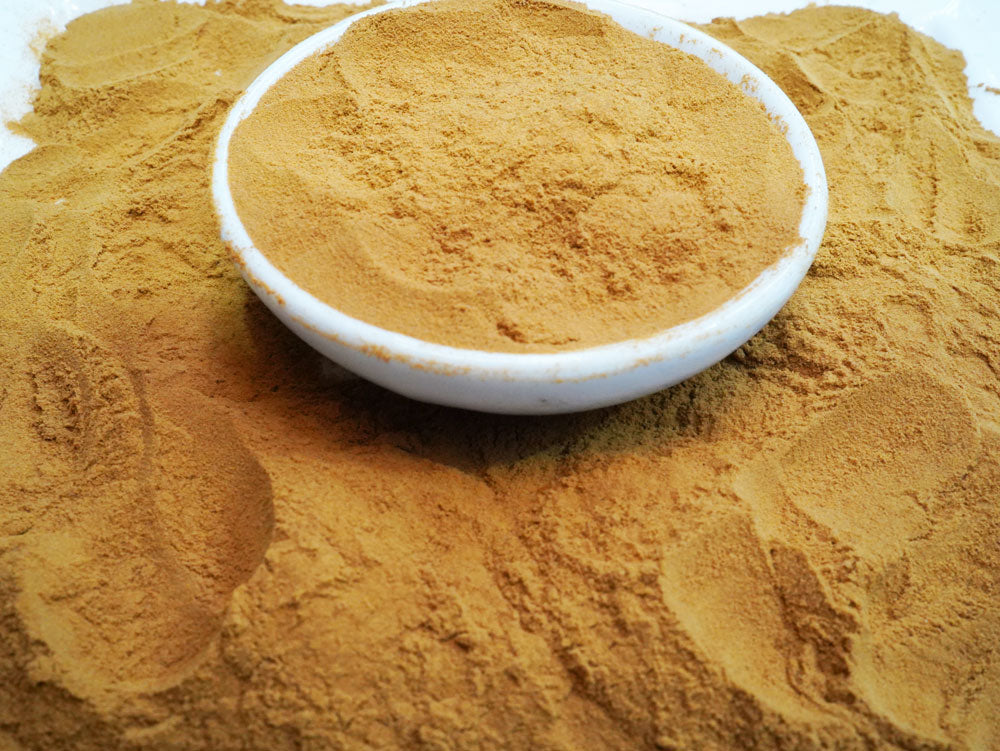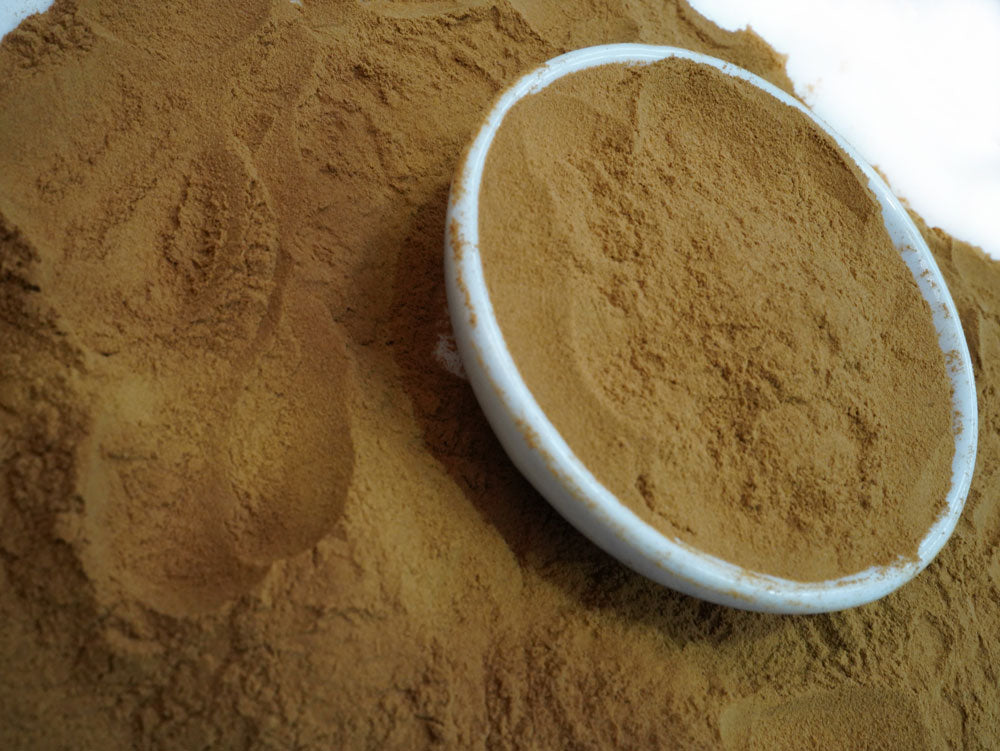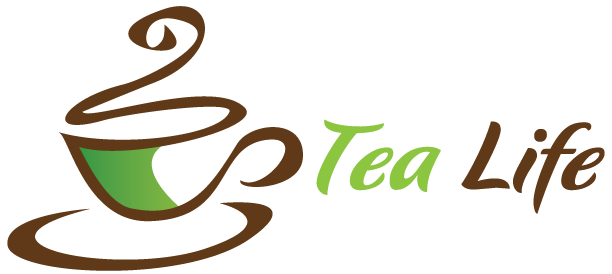


Kava Root Powder Tea
Brewing
Ingredients
Health Benefits
Cautionary Notes
Couldn't load pickup availability
Pickup available at North St Marys Warehouse
Usually ready in 1 hour
Kava Root Powder Tea
Taste Profile
Common Questions
If you have any questions, you are always welcome to contact us. We'll get back to you as soon as possible, within 24 hours on weekdays.
-
Shipping Information
All orders are $5.9
-
Customer Support
Use this text to answer questions in as much detail as possible for your customers.
-
FAQ’s
Use this text to answer questions in as much detail as possible for your customers.
-
Contact Us
Use this text to answer questions in as much detail as possible for your customers.
FAQs
Please read our FAQs page to find out more.
How much is shipping?
Couriers Please Shipping is $5.95 for orders under $60 and free for all orders over $60.
Australia Post is always at cost. Orders going to Po Box or Parcel Locker address may be locked in to Australia Post.
What are your transit times?
We dispatch within 24-48 hours (sometimes much faster) and from there we'll see 1-3 days transit to most metro locations within Australia excluding WA and NT which can take a week or so.
We also offer express post which will help speed up the process, at cost with no handling fees. These are always sent as priority and packed first.
Are there any discounts available?
We're quite generous with our loyalty programs, and the best way to take advantage of them is to create an account here. Also if you subscribe to our newsletter you'll gain access to members only discounts, rewards and an initial 10% off first order.
Are your teas certified organic?
Up until recently we were certified organic but due to rising administration costs and the difficulty of maintaining certification we've put this on hold for now. Our suppliers and farms remain the same without any change but just now label things are organic, pesticide free or wildcrafted.
This also allows us to maintain our current pricing without any increases which we feel is more important at this time.
